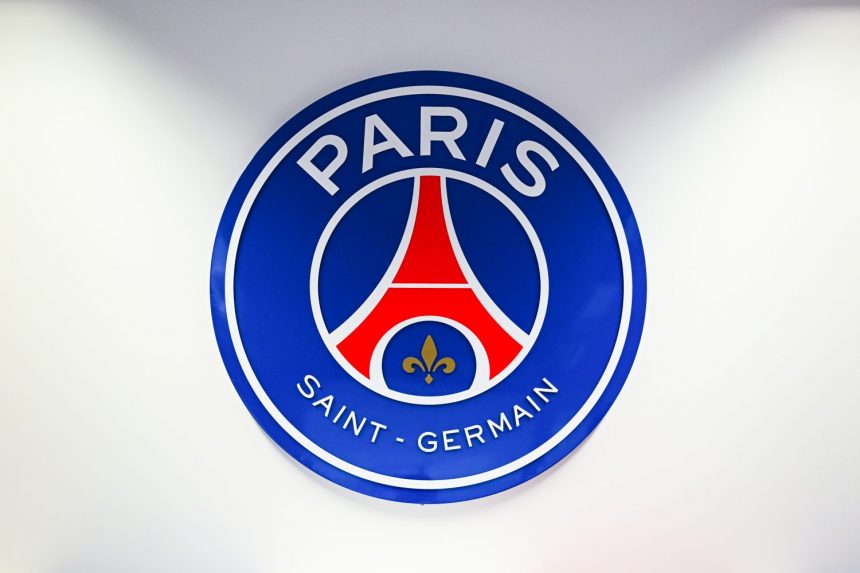Following the confirmation of injuries to Ousmane Dembélé (28) and Désiré Doué (20), Paris Saint-Germain issued an official statement targeting the French Football Federation. The Parisian club criticizes the French national team’s medical staff for ignoring its recommendations and calls for a more transparent and collaborative sports medicine protocol, with the aim of prioritizing the health of the players.
“Making the health of the players and their medical support an absolute priority”
“Following the confirmation of injuries to its players called up to the French national team, Ousmane Dembélé and Désiré Doué – with significant sporting consequences for the players and the club – Paris Saint-Germain sent a letter to the French Football Federation urgently calling for a new, more transparent and collaborative sports medicine coordination protocol between clubs and the national team, in order to make the health of the players and their medical support an absolute priority.
“The club regrets that these medical recommendations were not taken into account by the French national team’s medical staff”
Paris Saint-Germain, which provides medical monitoring for its players throughout the year and possesses precise and detailed information, had provided the Federation with specific medical data, even before the start of the French national team’s training camp, regarding the acceptable workload and injury risks for its players. The club regrets that these medical recommendations were not taken into account by the French national team’s medical staff, as well as the complete lack of consultation and collaboration with its own medical teams. “The recent events, serious and avoidable”
Paris Saint-Germain, which wishes to reaffirm its commitment to the national federation and the French national team, whose success is a shared objective, hopes that these regrettable events will pave the way for the implementation of a formal framework for medical coordination. This framework would guarantee systematic, documented, and reciprocal communication between the medical staff of the clubs and the national team, as well as the application of a strengthened precautionary principle in the selection and use of players, particularly those with ongoing medical conditions.
The recent events, serious and avoidable, must lead to swift and immediate corrective measures. The Club is ready to actively contribute to this collective effort, in the best interests of the players and of professional football as a whole.”
PSG’s statement marks a turning point in the often strained relationship between clubs and national teams. Paris claims to have provided detailed information on its players’ workload to the national team even before the squad’s training camp. However, according to the club, these warnings were ignored, resulting in “serious and avoidable” injuries.
Beyond the cases of Dembélé and Doué, the statement highlights a recurring problem: the management of the physical condition of international players, who are frequently subjected to a demanding schedule. For PSG, it is not only about protecting its own sporting interests, but also about initiating a discussion on improved medical coordination, which would benefit all of French football. The issue goes beyond the current controversy: it touches on the model of collaboration between clubs and federations in modern football, where players’ bodies are pushed to their limits.
